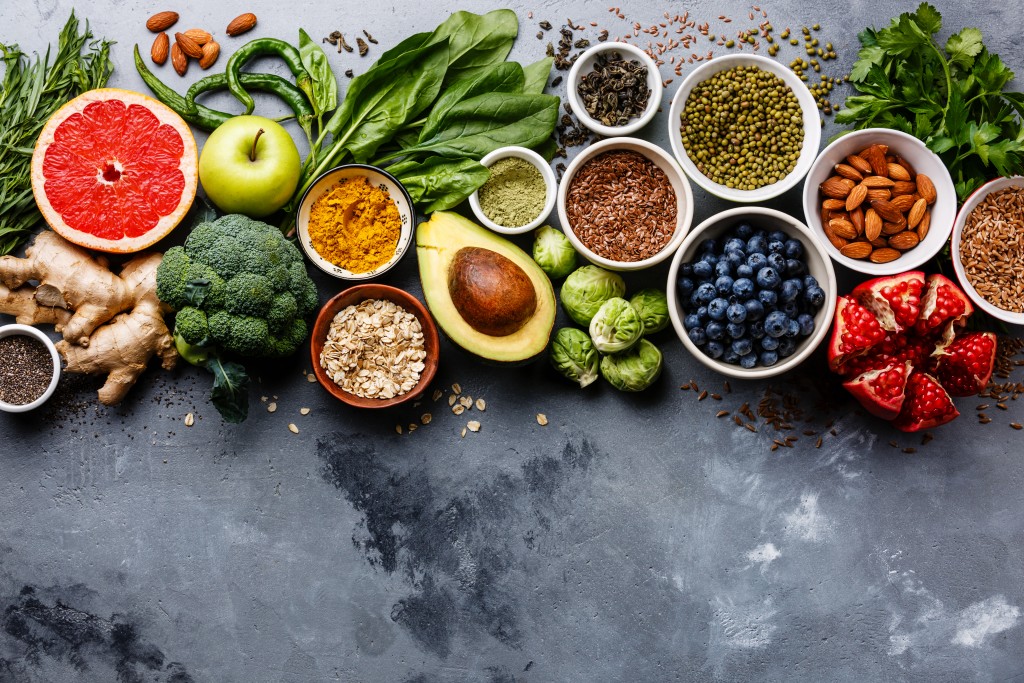Gut health refers to the health of your gastrointestinal digestive system. It pertains to the healthy balance of microorganisms that live in your digestive tract.
Your gut health has an impact on your health. Your gut microbiome helps your body’s digestion and absorption of essential nutrients needed by your body. It also helps regulate your bile level, as well as your vitamin levels. However, an imbalance can occur between your gut’s good bacteria and harmful bacteria. Some common symptoms of this imbalance are constipation, diarrhea, and bloating.
Keeping your gut healthy is vital for your body’s overall health. With a few lifestyle changes, you can ensure the health of your stomach. From making diet changes to seeing your GI doctor, here are some steps that you can take:
Load up on fiber.
Food rich in fiber, such as vegetables, legumes, and fruits, are best for your gut. Fiber can only be digested by a particular bacteria present in your stomach. By eating food rich in fiber, you are stimulating their growth. These bacteria help make up the mucosal lining of your gastrointestinal walls, protecting you from diseases such as colitis and irritable bowel syndrome. Fiber helps keep your bowel movement regular and reduces your risk of hemorrhoids and constipation as well.
Fiber has also been shown to help prevent colon cancer. Contrary to popular belief, soluble fiber can also help to treat diarrhea.
Here’s what you can eat to increase your fiber intake:
- Whole-grain food
- Beans
- Lentils
- Broccoli
- Raspberries
- Artichokes
- Green peas
- Nuts
Avoid processed food.
Processed and fast food is high in sugar, salt, refined carbohydrates, and additives that might not be good for your gut. These ingredients promote the growth of harmful bacteria in your stomach while killing some good bacteria. Emulsifiers found in processed food also increase your risk of gut inflammation, leading to a chronic condition or a bowel disease. Processed food is also known to cause obesity and other health problems, such as diabetes and cardiovascular diseases.
Here are some examples of processed food to look out for:
- Frozen, ready-to-heat meals
- Packaged bread
- Processed cheese
- Breakfast cereals
- Chips
- Crackers
- Ice Cream
- Candy
- Reconstituted meats (i.e., nuggets, sausages)
- Instant noodles
- Sweetened drinks such as sodas and commercial fruit juices
However, not everyone can eat natural and home-cooked meals all the time. If you have to buy processed food and ingredients for convenience, read the labels and look for the healthiest options possible.
Stock up on fermented food.
Fermented food such as kimchi, plain yogurt, kefir, kombucha, lassi, sourdough, and sauerkraut are all rich in lactobacilli, which are good for your gut health. These dishes can help increase your microbiota, promoting the growth of beneficial bacteria, while reducing the number of disease-causing bacteria in your intestines.
Fermentation is used to preserve food. It introduces bacteria or yeast to convert sugar and starch into acids, or in some cases, into alcohol. It is this conversion of sugar and starch that increases the presence of the good bacteria in fermented food, which are known as probiotics. Fermented food is easier to digest since some of their starches and sugars have already been converted into acids. This makes the absorption of their nutrients easier. The process of fermentation also increases the levels of vitamins and minerals in your food, which can significantly benefit your body.
Eating probiotic-rich food helps improve your immune system. This is because your immune system is mostly dependent on your gut health. Probiotic-rich food promotes the growth of your gut lining, making your immune system stronger. Without good bacteria to aid in developing your gut lining or mucosa, you increase your risk of gut inflammation.
If you have recently taken some antibiotics, eating food rich in probiotics is incredibly helpful. You can ferment your food to save money and to ensure its safety.
Consult your GI doctor.

A GI or a gastroenterologist is a doctor that specializes in the treatment of diseases and problems with your digestive system. They can also help by giving you advice on what you can do and eat to ensure that you maintain a healthy digestive system. If you experience any trouble when you swallow, if you see some blood in your stool, or experience heartburn, see your trusted GI immediately.
Avoid stress.
Stress is not just detrimental to your mental health. Stress can also cause an imbalance in your digestive tract. It can worsen any existing gut problems, and it can even create new problems with your gut.
Drink alcohol moderately.
Drinking too much alcohol can cause your gut to produce more acid than what is safe, causing an imbalance in your stomach. A few bottles now and then will not be detrimental to your gut health, so remember not to indulge yourself in a drinking spree.
Keeping your gut healthy is vital to ensure your overall well-being and strengthen your immune system. Remember to be mindful of the things that you eat and drink for a healthier you.

